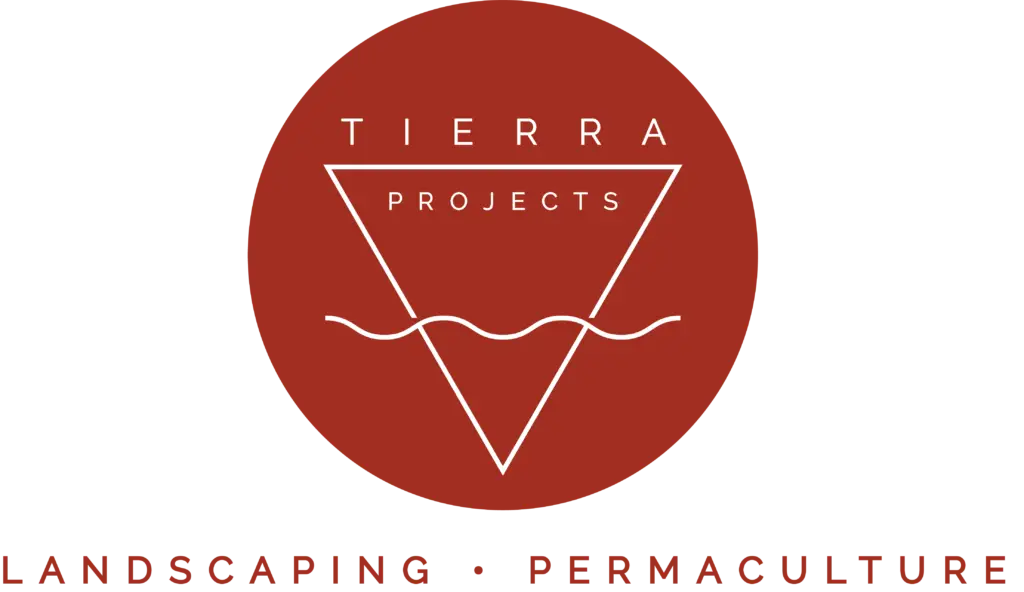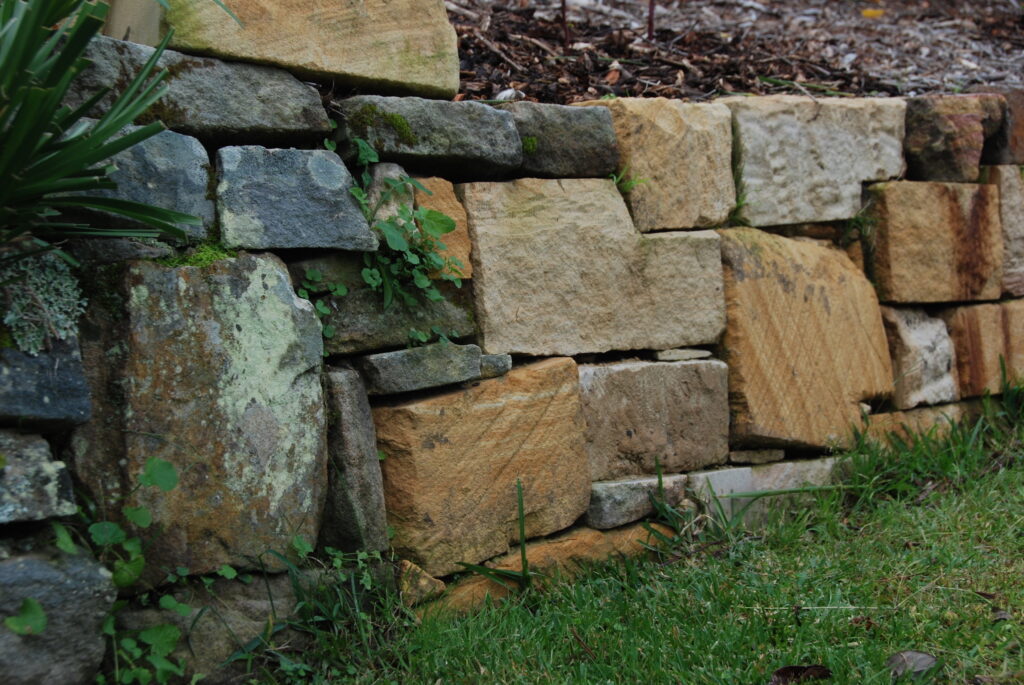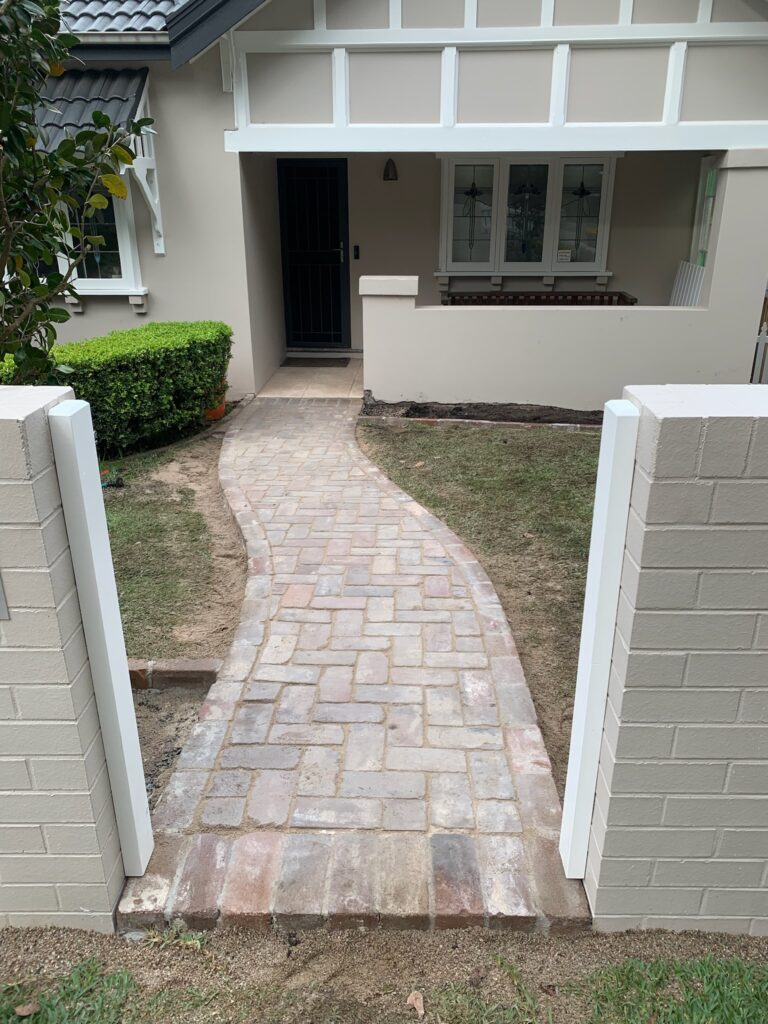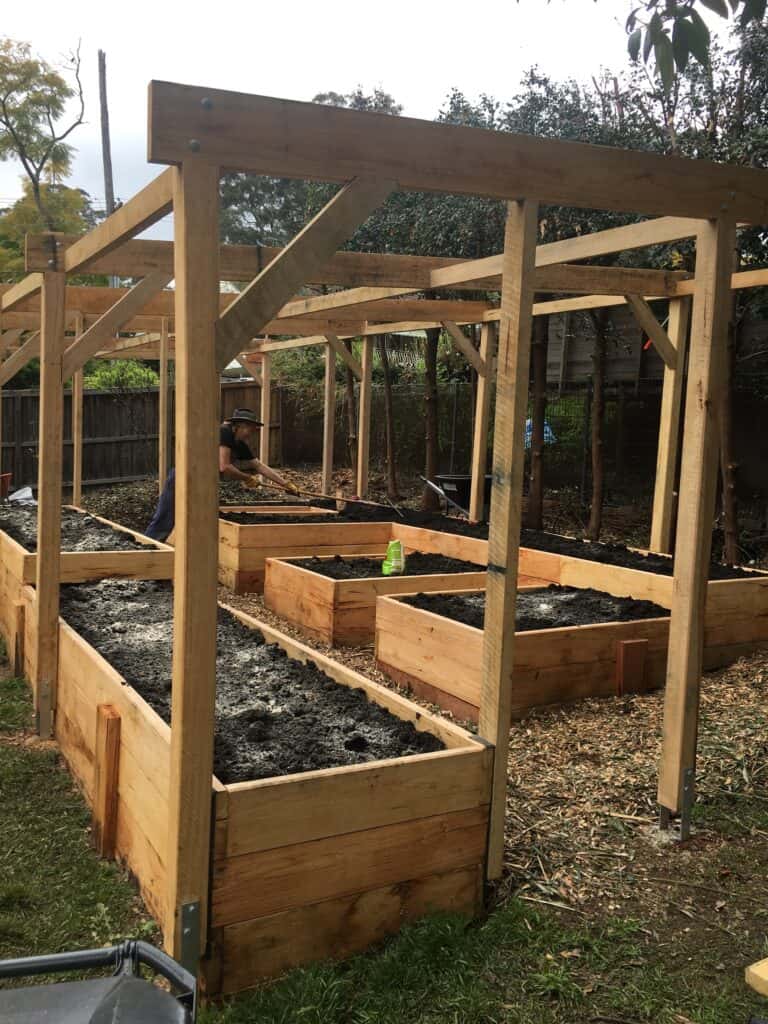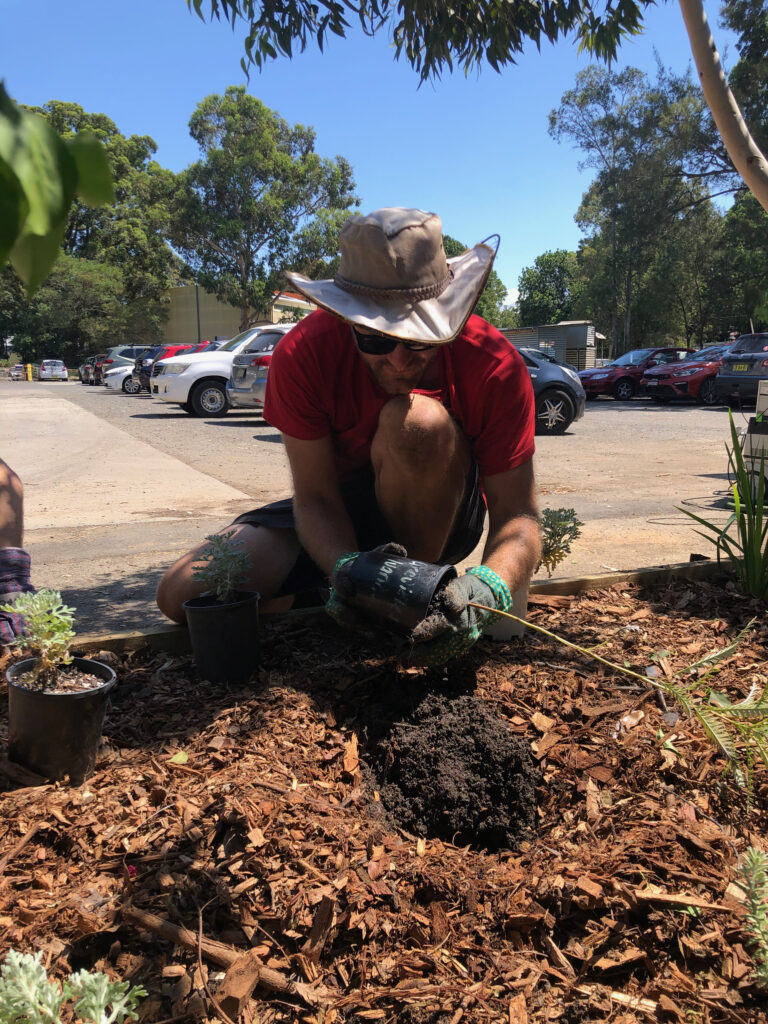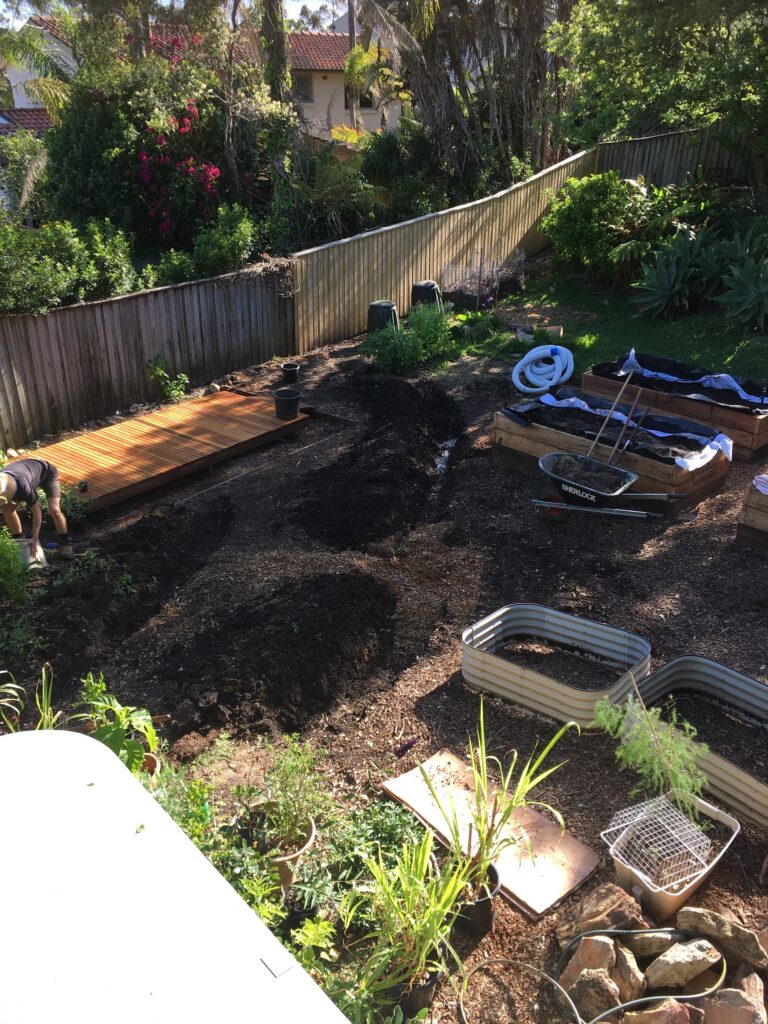Sustainable gardening is all about working with nature to create thriving, low-maintenance green spaces. One great way to achieve this is by using wicking beds, a garden bed with a water reservoir that conserves water while promoting healthier plant growth. Whether you’re an urban gardener or simply looking for a more efficient way to grow food at home, wicking beds offer a smart, eco-friendly alternative to traditional garden beds and irrigation systems
What Are Wicking Garden Beds?
A wicking bed is a self-watering garden system designed to maintain consistent soil moisture levels by drawing water upwards from a reservoir below the soil. This process, called capillary action, allows plants to access water as needed, reducing surface evaporation and ensuring deep root hydration. Wicking beds are a man-made way of mimicking riparian zones by creeks and rivers in nature.
Unlike traditional garden beds that rely on top-down watering, wicking beds store water beneath the soil, meaning they require less frequent watering and are ideal for dry climates or busy gardeners.
Key Benefits of Wicking Beds
1. Water Conservation
Wicking beds use significantly less water than conventional garden beds by minimising evaporation and runoff. This makes them perfect for water-saving gardening and ideal for Sydney’s variable climate.
2. Improved Plant Health
Consistent moisture levels reduce plant stress, leading to stronger roots and healthier, more productive plants. Wicking beds prevent overwatering and underwatering, two common issues in traditional gardening.
3. Low Maintenance
Since wicking beds self-regulate moisture, they require less frequent watering, perfect for those who travel often or have busy schedules.
4. Eco-Friendly Solution
By using water efficiently and reducing the need for chemical fertilisers (which leach away in conventional beds), wicking beds support sustainable gardening practices that align with Tierra Projects’ commitment to eco-conscious landscaping.
Waterups Wicking Products
We proudly partner with waterups for all our wicking bed material needs as they have produced an optimal and easy to install system that holds more water than other methods and have a true dedication to sustainability by producing all their products in Sydney using food grade recycled plastics. They have various products from small planters, easy to assemble garden beds or also supply the materials to retrofit other off the shelf garden beds or custom timber beds. They also have two innovative products called the sub irrigation channel and tree planter than can be dug and installed directly into the ground providing water to plantings above and adjacent to them.
How to Build a Raised Wicking Bed
There are various DIY methods to create your own wicking beds but the most effective way we have found is to use the products developed by waterups and therefore we exclusively use their products for all our wicking bed construction needs. You can see some of their how to guides here:
- WaterUps Oasis 1680 self- watering wicking bed – Assembly Guide
- Maximising Your Garden’s Potential with WaterUps Sub-Irrigation Channel | Easy Setup Guide
- The WaterUps Square Planter Kit Assembly Guide
Conclusion: A Smart Choice for Sustainable Gardening
Raised wicking garden beds offer an innovative, water-efficient way to grow thriving plants whether for food production or ornamentals while reducing maintenance and environmental impact. Whether you’re looking to conserve water, improve plant health, or create a more sustainable garden, wicking beds are a fantastic choice.
Ready to transform your garden with a self-watering wicking bed? We build stunning and functional custom raised wicking beds made from cypress pine. Contact Tierra Projects for expert guidance, sustainable gardening solutions, and high-quality construction. Get in Touch.
